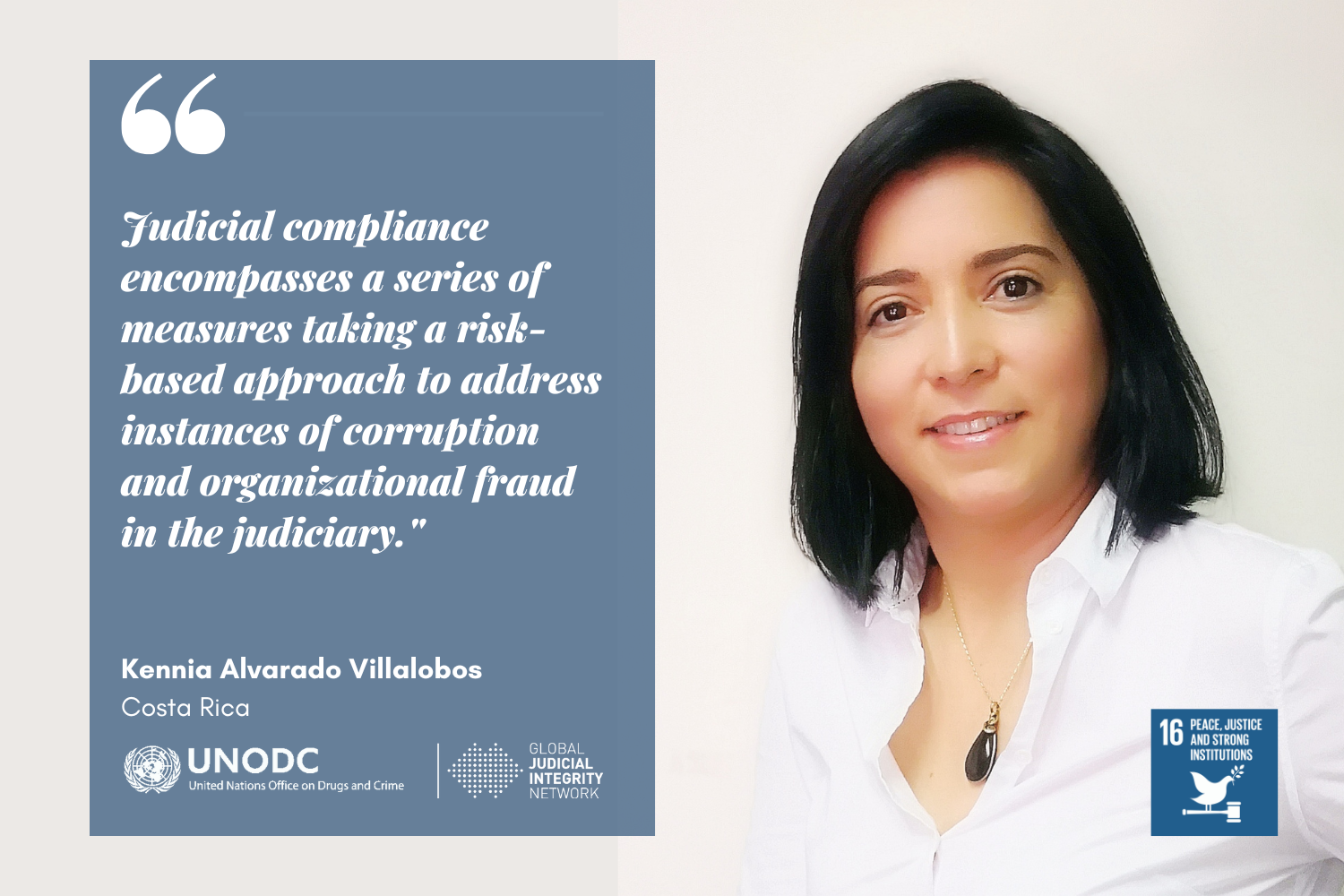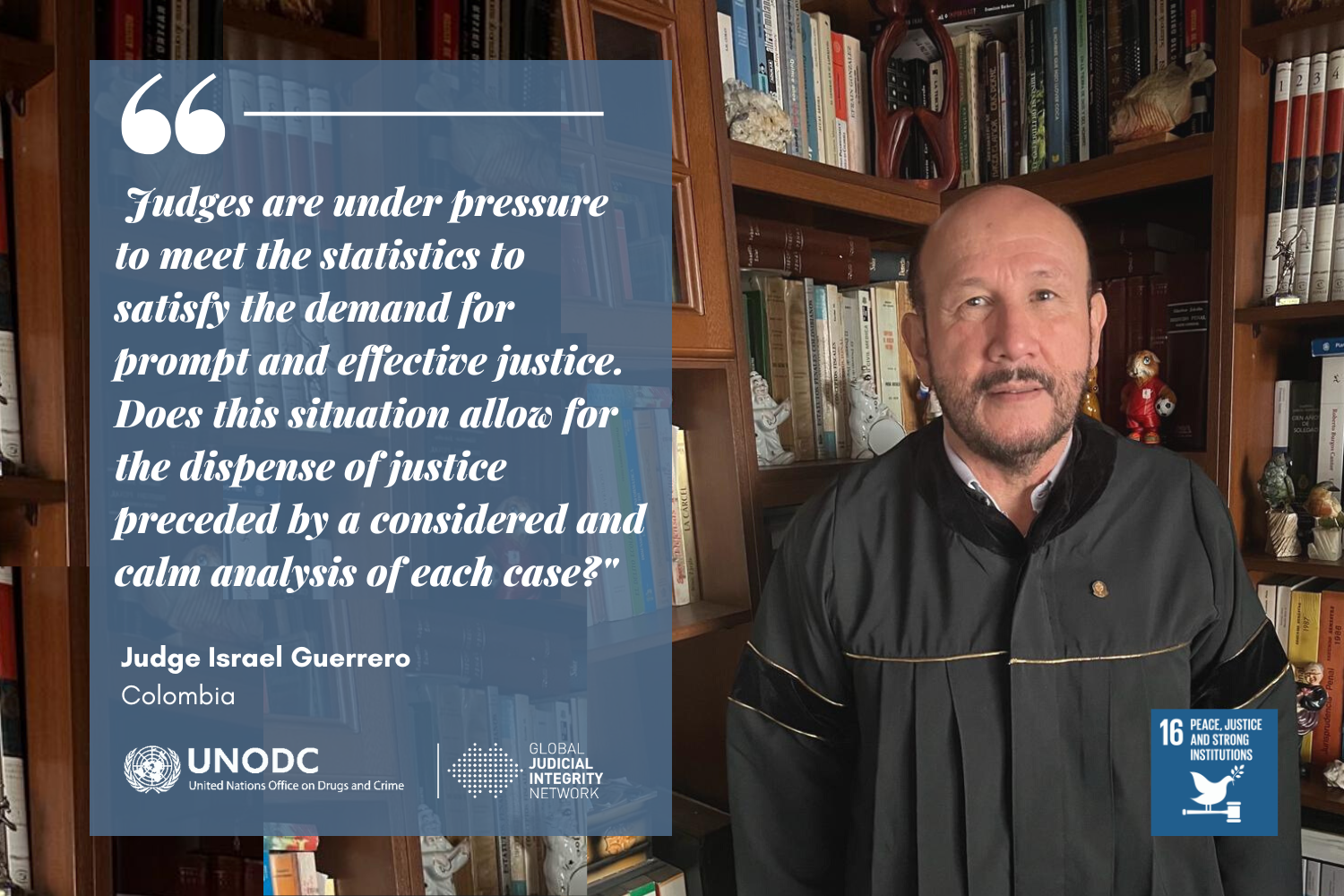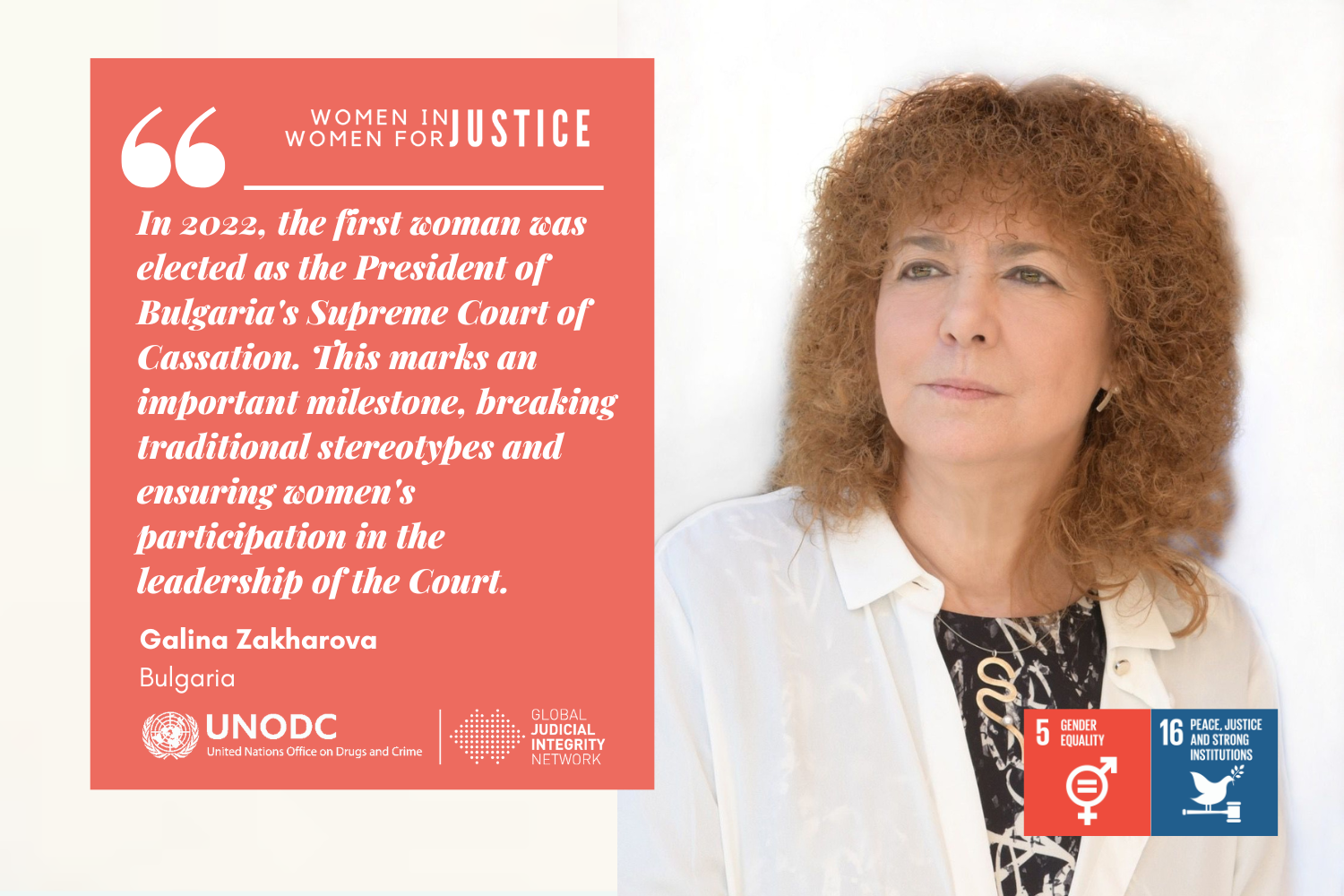Bolstering anti-corruption and independence among the judiciary: the Global Judicial Integrity Network
16 November 2016 - A two-day preparatory meeting for the creation of a Global Judicial Integrity Network was held this week in Bangkok. The Network, which will go live in 2017, aims to connect judges to support each other in upholding judicial integrity and preventing corruption within the justice system. By bringing together Chief Justices, members of judicial disciplinary bodies and judicial training institutions as well as other stakeholders inside and beyond the justice system from across the world, it will create the first ever global platform dedicated exclusively to this issue.
Some 40 senior members of the judiciary from across the Pacific, South Asia and Southeast Asia gathered for the meeting, which provided an opportunity for participants to highlight challenges and opportunities being faced in their countries. Through regional roundtables and other interactive sessions, ideas on key issues concerning the notion of judicial integrity and the Network in general were covered which will ultimately feed into the final development ahead of its launch.
As a tool developed for use by the judiciary, the meeting was a key step forward toward the creation of the Global Judicial Integrity Network. The Honorable Chief Justice Veerapol Tungsuwan, President of the Supreme Court of Thailand and host of the event, reflected this at the opening: "The Network will be a significant mechanism for strengthening judicial integrity as it can be a forum for exchanging our experience and best practices and effectively support us in dealing with new challenges. The establishment of a judicial integrity network among us is, therefore, an effective response to these challenges with the aim of guaranteeing the confidence of people in judicial power."
Echoing these sentiments, and providing the context of the Global Judicial Integrity Network, UNODC Regional Representative for Southeast Asia and the Pacific, Jeremy Douglas, noted: "Assessments we have conducted in different regions of the world have time and again confirmed that many countries' citizens perceive their justice systems as opaque, difficult to access and prone to corruption. UN Member States have recognized this challenge and established standards to strengthen judicial independence and integrity. Most notably, Article 11 of the United Nations Convention against Corruption - or the UNCAC - stresses the importance of taking measures to strengthen integrity and to prevent opportunities for corruption of the judiciary and prosecutors".
The crucial importance of judicial integrity for achieving sustainable development was most recently highlighted by the 13th United Nations Crime Congress, held in Qatar in 2015. In its final declaration, the Congress emphasized the importance of preventing and countering corruption, and promoting integrity and accountability in criminal justice systems. Since then, UNODC - with the financial support of the State of Qatar - have launched a wide-ranging Global Programme for the Implementation of the Doha Declaration under which the work on judicial integrity is situated.
Further information:


